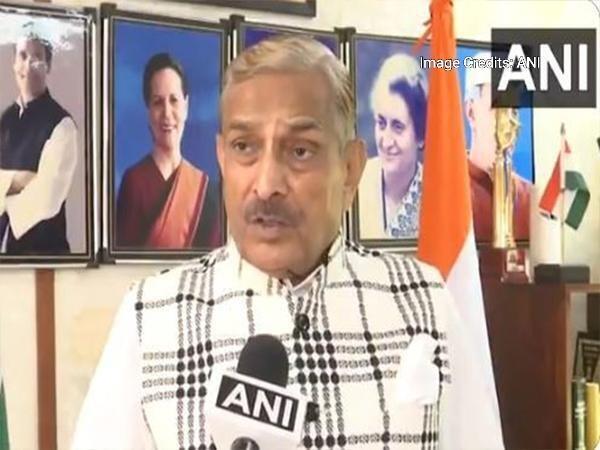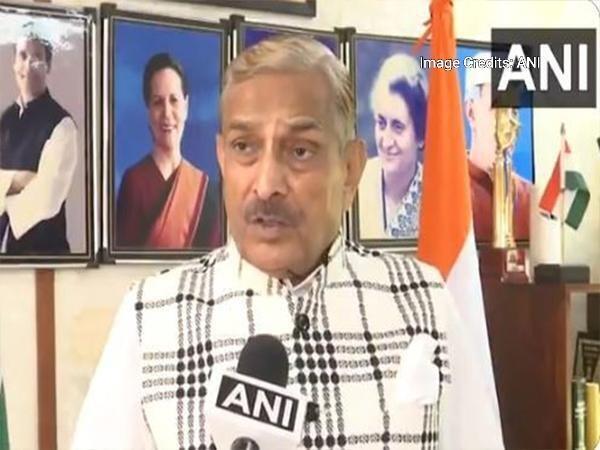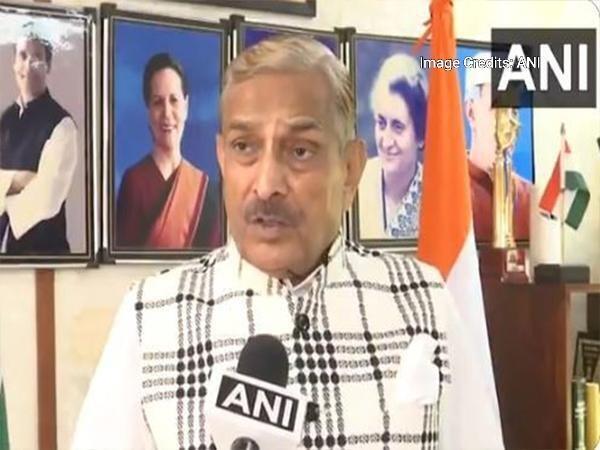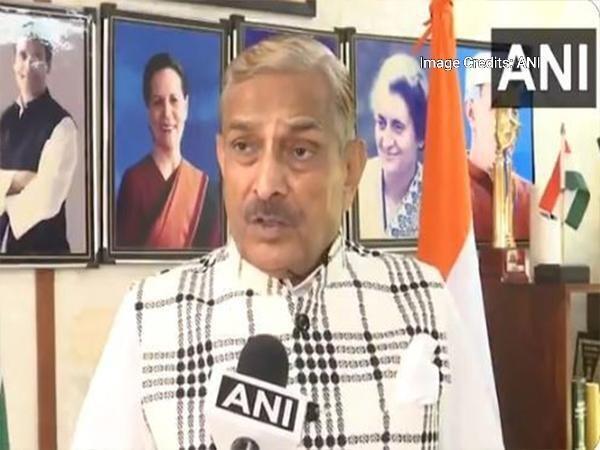
Centre & State Responsible for Murshidabad Violence: Congress’ Pramod
Recent outbreaks of violence in Murshidabad have left the nation in a state of shock and concern. The alleged involvement of Bangladeshi infiltrators in the violence has sparked a heated debate, with various political leaders and organizations weighing in on the situation. Amidst the chaos, Congress MP Pramod Tiwari has spoken out about the responsibility of the central and state governments in the matter.
In an interview, Tiwari expressed his deep concern about the situation, stating, “I am in pain with what happened in Murshidabad.” He emphasized that the victims of the violence should receive justice and that the authorities should take immediate action to ensure their safety and well-being.
Tiwari’s remarks came in response to the alleged involvement of Bangladeshi infiltrators in the violence. He stated that if something had been conspired in Bangladesh, then both the central and state governments were responsible. This statement suggests that Tiwari believes that the governments at both the centre and state levels have failed in their duties to protect the citizens of the country.
The issue of Bangladeshi infiltrators has long been a contentious one in India. The topic has been debated extensively in the media, with some arguing that the influx of Bangladeshi nationals into India poses a significant security threat. Others have countered that the issue is more complex, citing the need for a humane and pragmatic approach to addressing the problem.
Tiwari’s comments on the matter are significant because they reflect the Congress party’s stance on the issue. The party has traditionally been seen as being more sympathetic to the plight of Bangladeshi nationals, who have fled their homeland due to political persecution, poverty, and other forms of exploitation.
However, Tiwari’s remarks also highlight the broader issue of governance and accountability in India. The Congress MP’s assertion that both the centre and state governments are responsible for the violence in Murshidabad suggests that he believes that there has been a failure of governance at multiple levels.
This is a critical issue, as it speaks to the fundamental question of who is accountable for the well-being and safety of citizens in India. In a democratic society, it is the responsibility of the government to protect its citizens from harm and provide them with the necessary resources and services to live a dignified life.
The fact that Tiwari believes that both the centre and state governments are responsible for the violence in Murshidabad suggests that he believes that there has been a failure of governance at multiple levels. This failure can be attributed to a range of factors, including corruption, inefficiency, and a lack of effective policy-making.
In the context of the Murshidabad violence, Tiwari’s remarks are particularly significant because they highlight the need for a more nuanced and effective approach to addressing the issue of Bangladeshi infiltrators. Rather than simply blaming the infiltrators for the violence, Tiwari is emphasizing the need for a more comprehensive solution that takes into account the complex political and economic realities of the region.
The Congress MP’s remarks also reflect a broader shift in the party’s stance on the issue of Bangladeshi infiltrators. In recent years, the Congress has been criticized for its perceived soft stance on the issue, with some arguing that the party has been too sympathetic to the plight of Bangladeshi nationals.
Tiwari’s comments suggest that the Congress is willing to take a more pragmatic approach to the issue, one that acknowledges the need for a more humane and effective solution. This is a welcome development, as it suggests that the party is willing to engage in a more constructive dialogue about the issue and work towards finding a solution that benefits all parties involved.
In conclusion, Congress MP Pramod Tiwari’s remarks on the alleged involvement of Bangladeshi infiltrators in Murshidabad violence are significant because they highlight the need for a more nuanced and effective approach to addressing the issue. Rather than simply blaming the infiltrators for the violence, Tiwari is emphasizing the need for a more comprehensive solution that takes into account the complex political and economic realities of the region.
Tiwari’s statement also reflects the Congress party’s willingness to engage in a more constructive dialogue about the issue and work towards finding a solution that benefits all parties involved. This is a welcome development, as it suggests that the party is willing to take a more pragmatic approach to the issue and work towards finding a solution that is in the best interests of all parties involved.
Sources:






